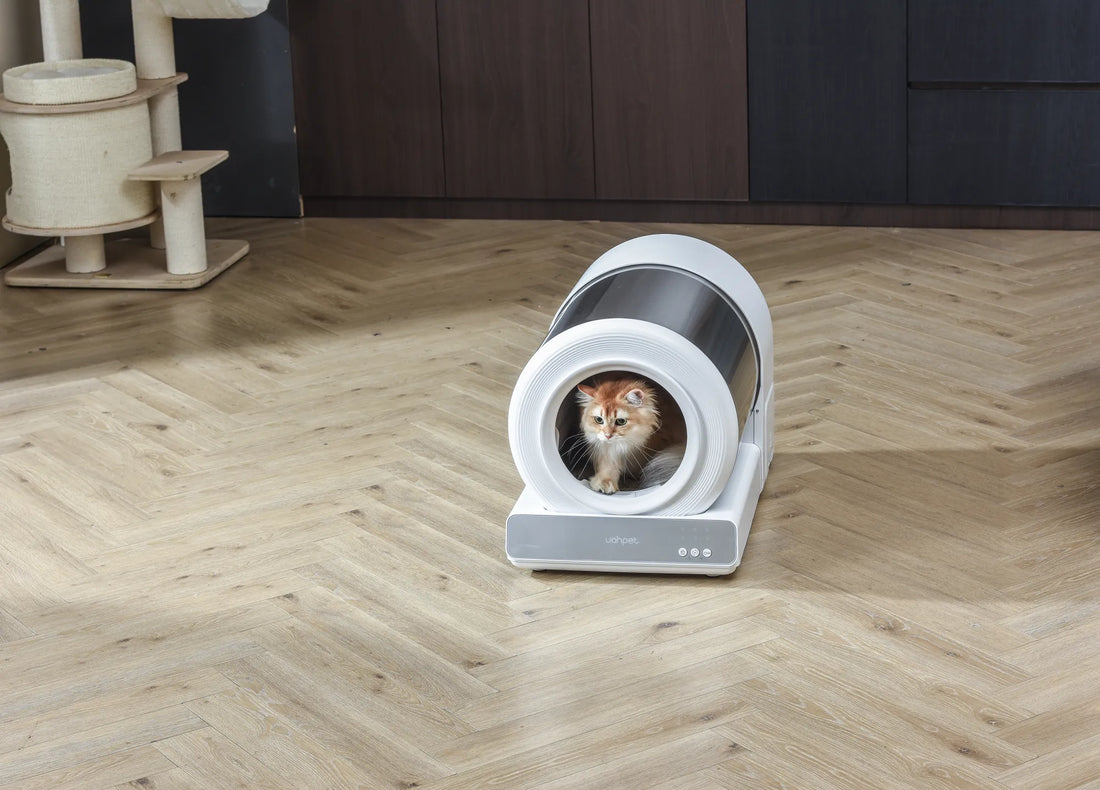Understanding the Behavior: Why Do Dogs Eat Cat Poop from Litter Box?
It's a question that baffles many pet owners: why do dogs eat cat poop from litter boxes? This behavior, known as coprophagia, is more common than you might think. While it may seem gross to humans, there are several reasons why dogs engage in this habit. Understanding the underlying causes can help you address the issue and ensure the health and well-being of your pets.
Nutritional Deficiencies: A Possible Cause
One of the primary reasons dogs eat cat poop is due to nutritional deficiencies. Dogs may be seeking nutrients that are missing from their diet. Cat food is often higher in protein and fat compared to dog food, and the feces may still contain traces of these nutrients. If your dog is not getting a balanced diet, they might be tempted to snack on cat poop to compensate for what they're lacking.
Instinctual Behavior: A Throwback to Ancestral Times
Another reason dogs eat cat poop is rooted in their instincts. In the wild, canines are scavengers and will eat whatever they can find to survive. This includes feces, which can provide a quick source of nutrients. Even though domestic dogs are well-fed, this instinctual behavior can still manifest, especially if they are bored or not getting enough mental stimulation.
Curiosity and Exploration: Puppies and Young Dogs
Puppies and young dogs are naturally curious and explore the world with their mouths. This can lead them to investigate the litter box and, unfortunately, eat cat poop. This behavior is often a phase that they grow out of as they mature, but it's important to monitor them closely and redirect their curiosity to more appropriate activities.
Attention-Seeking Behavior: A Cry for Interaction
Sometimes, dogs eat cat poop as a way to get attention from their owners. If they notice that this behavior elicits a strong reaction, they may continue doing it to get noticed. It's important to avoid giving them attention when they engage in this behavior, as it can reinforce the habit. Instead, focus on positive reinforcement for good behavior.
Health Issues: Underlying Medical Conditions
In some cases, coprophagia can be a sign of an underlying health issue. Conditions such as malabsorption, parasites, or pancreatic insufficiency can lead to increased appetite and unusual eating habits. If you suspect that your dog's behavior is due to a health problem, it's essential to consult with a veterinarian for a thorough examination and appropriate treatment.
Preventing the Behavior: Practical Tips and Solutions
There are several steps you can take to prevent your dog from eating cat poop. First, ensure that your dog is on a balanced diet that meets all their nutritional needs. Next, keep the litter box out of reach by placing it in a location that your dog cannot access, such as behind a baby gate or in a room with a closed door. You can also use deterrents, such as adding a small amount of hot sauce or a commercial deterrent to the litter box to make the feces less appealing.
Training and Positive Reinforcement: Encouraging Good Behavior
Training your dog to avoid the litter box is another effective strategy. Use positive reinforcement to reward them for staying away from the litter box and engaging in appropriate behaviors. Consistency is key, and with time and patience, your dog can learn to leave the cat poop alone.
Environmental Enrichment: Keeping Your Dog Mentally Stimulated
Boredom can often lead to undesirable behaviors, including eating cat poop. Providing your dog with plenty of mental and physical stimulation can help curb this habit. Interactive toys, puzzle feeders, and regular exercise can keep your dog engaged and less likely to seek out the litter box for entertainment.
Monitoring and Supervision: Keeping an Eye on Your Pets
Finally, it's important to monitor your pets and supervise their interactions, especially if you have both dogs and cats in the household. By keeping a close eye on your dog, you can intervene quickly if they show interest in the litter box and redirect their attention to more appropriate activities.
Understanding why dogs eat cat poop from litter boxes is the first step in addressing this behavior. By identifying the underlying causes and implementing practical solutions, you can help your dog break the habit and ensure a harmonious household. Remember, patience and consistency are key, and with the right approach, you can keep your pets happy and healthy.













